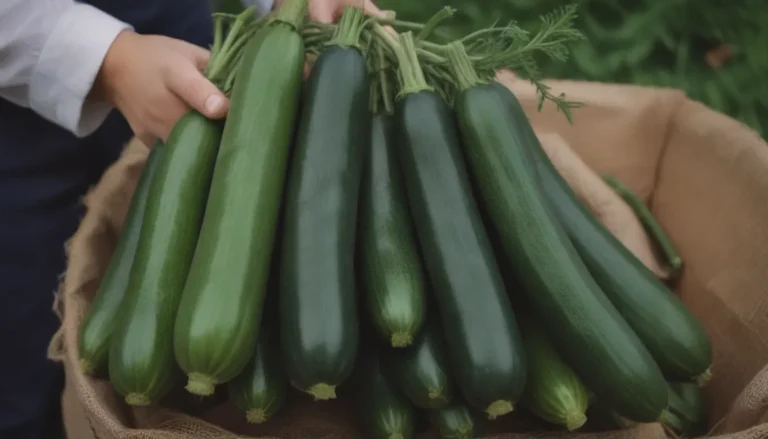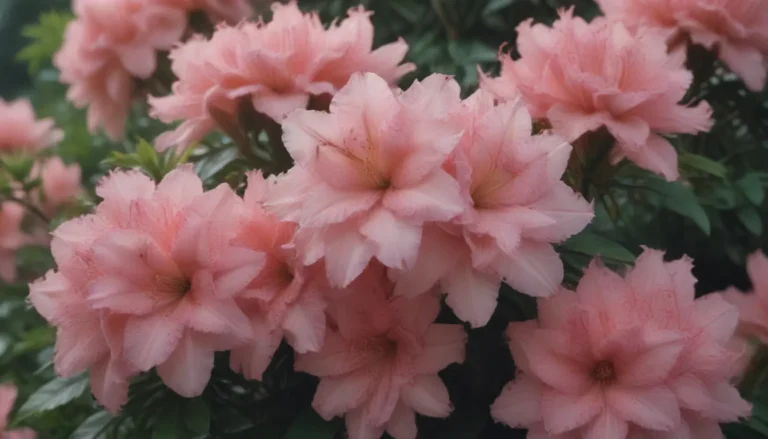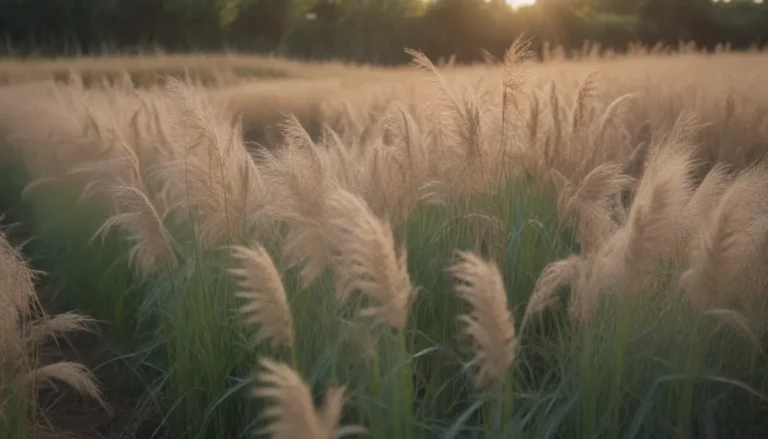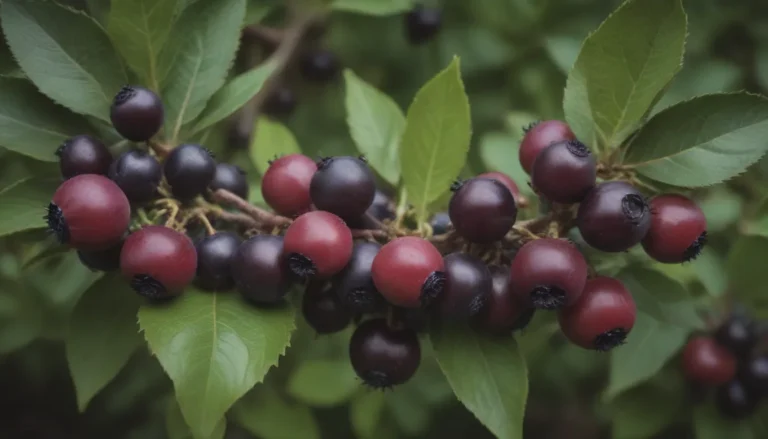The Ultimate Guide to Using Coconut Coir in Your Garden
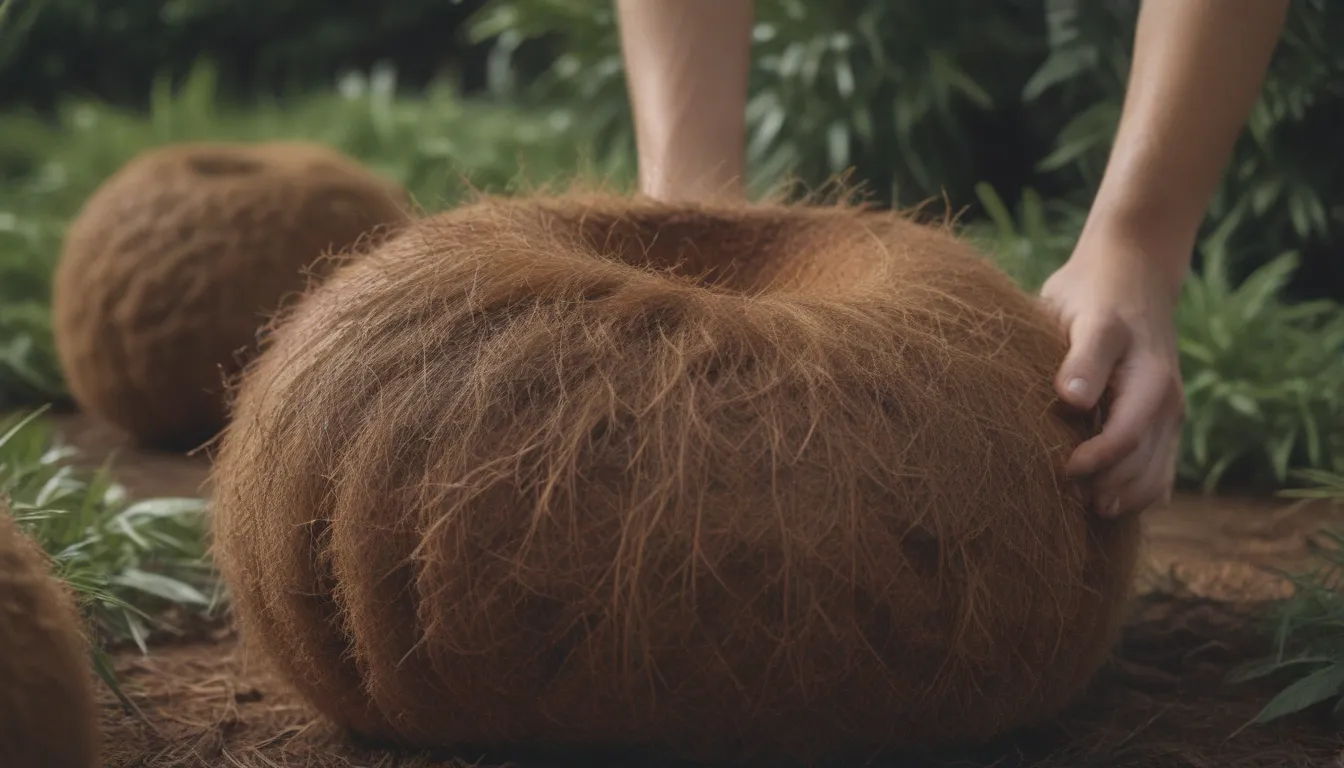
Welcome to the ultimate guide on how to use coconut coir in your garden! If you’re a gardening enthusiast looking for a sustainable and versatile gardening material, then coconut coir is the perfect choice for you. In this comprehensive article, we will explore the various ways coconut coir can be used in your garden to improve soil quality, enhance plant growth, and create a more sustainable gardening environment.
What is Coconut Coir?
Coconut coir, pronounced as COY-er, is a byproduct that comes from coconuts and has a variety of uses. The fibrous husks of the coconut’s inner shell are processed and used for a wide range of products, including rugs, ropes, brushes, and even upholstery stuffing. You may have seen coconut coir used in products like doormats and hanging basket liners. One of the key properties of coconut coir is that it is rot-resistant, making it ideal for outdoor use in the garden.
How Coconut Coir is Used in Gardening
Coconut coir is a versatile material that can be used in a variety of ways in your garden. Here are some common uses of coconut coir in gardening:
- Potting mixes for starting seeds: Coconut coir is commonly used as an ingredient in potting mixes for starting seeds. It provides a nutrient-rich environment for seeds to germinate and grow.
- Soil amendment: Coconut coir can be used to amend soil in garden beds and containers. It helps improve soil drainage, air porosity, and water retention.
- Hydroponics: Coconut coir can be used as a soilless mix for hydroponic systems, providing a stable growing medium for plants.
- Climbing plants: Coconut coir is ideal for climbing plants, providing support while retaining moisture for healthy growth.
Advantages of Coconut Coir Over Peat
While peat has been a traditional gardening material, coconut coir offers several advantages over peat. Here are some reasons why coconut coir is a better choice for your garden:
- Sustainability: Coconuts can be harvested every two months, making coconut coir a more sustainable option compared to peat, which takes hundreds of years to form.
- Water retention: Coconut coir absorbs 30% more water than peat and is easier to re-wet when dry.
- Improves soil structure: Coconut coir helps loosen clay soil and improve drainage, while also aiding in moisture retention for sandy soil.
Disadvantages of Coconut Coir in Gardening
While coconut coir has many benefits, it also has some drawbacks as a gardening material. Here are some disadvantages to consider:
- Salt content: Coconut coir may contain high salt content, which can be harmful to some plants if not properly rinsed before use.
- Variable quality: The quality of coconut coir products can vary depending on the source and processing methods.
- Acidic pH: Coconut coir tends to have a slightly acidic pH, which may need to be adjusted for certain plants.
Types of Coconut Coir Products
Coconut coir is available in various forms for use in gardening. Here are some common types of coconut coir products you may come across:
Bricks and Blocks
Horticultural coir is typically sold in compressed bricks or blocks, which need to be soaked before use. Here’s how you can reconstitute a brick of coir for gardening purposes:
- Find a large container to soak the coir brick.
- Add water according to the label’s instructions.
- Allow the coir brick to reconstitute into a loamy texture.
- Your coir is now ready for use in the garden.
Chips
Coconut husks are chopped into coir chips, which are coarser than finer coir and used to aerate soil. Coir chips are ideal for hydroponic plants as they offer both aeration and water retention.
Potting Soil
Coir is also used in indoor potting mixes as an alternative to peat. It can be mixed with other ingredients to create a nutrient-rich blend for starting seeds or growing plants.
Baskets
Preformed coconut coir basket liners help retain moisture in hanging plants and come in various shapes to fit different containers. These liners can be recycled into garden soil when they start to deteriorate.
Pots
Look for pots made from coconut coir when purchasing potted plants for your garden. Coconut coir pots are compostable and can be planted directly into the ground when transplanting.
Coco Poles
Coconut coir poles are used as support for climbing plants such as monstera, philodendrons, and pothos. They provide stability for plants to grow vertically and can be an alternative to moss poles.
In conclusion, coconut coir is a valuable and sustainable gardening material that can benefit your garden in various ways. Whether you’re starting seeds, amending soil, or supporting climbing plants, coconut coir offers a versatile and eco-friendly solution for your gardening needs. Give coconut coir a try in your garden and see the difference it can make in promoting healthy plant growth and nourishing soil quality. Happy gardening!


